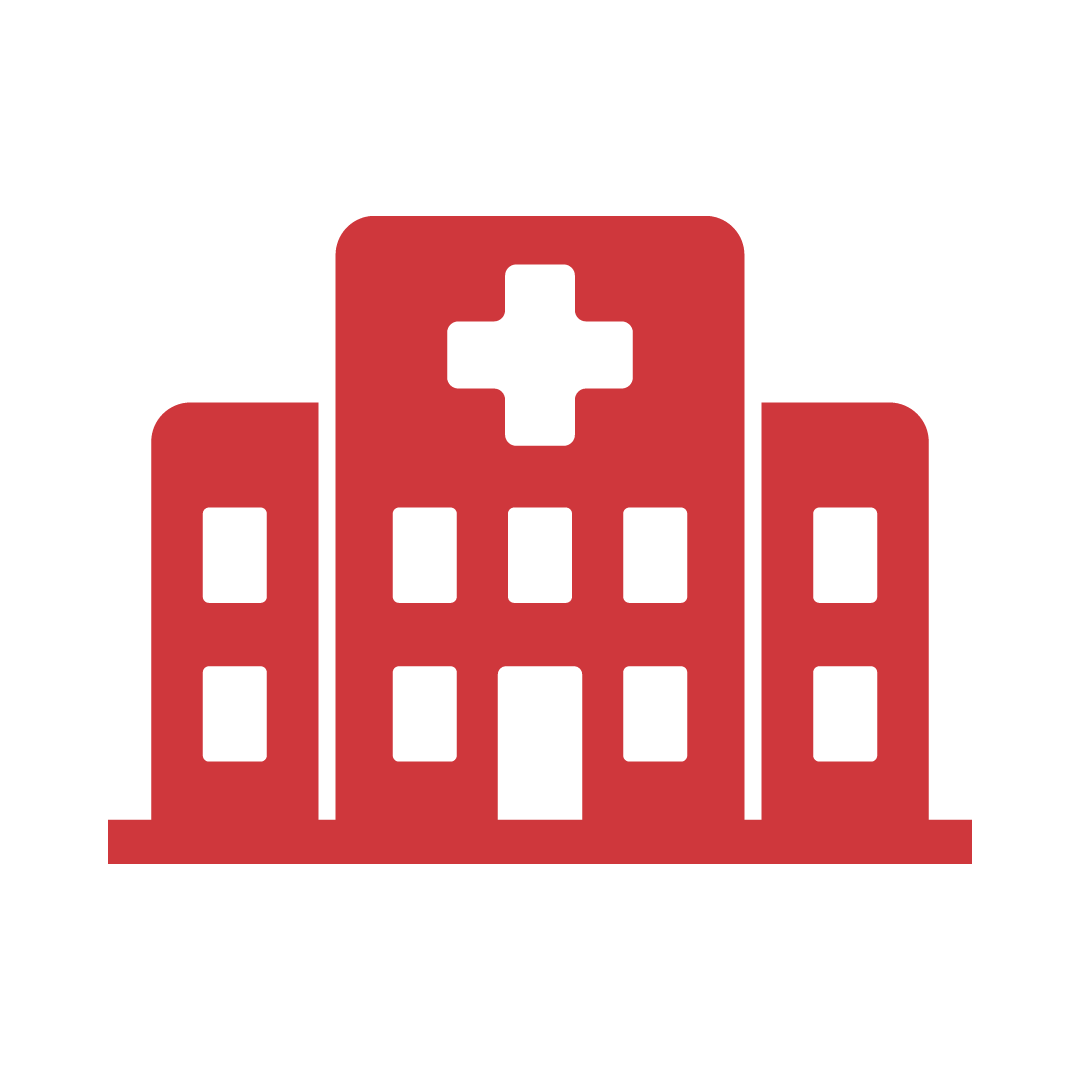Doctors and Insurance Dictionary
The US Healthcare System
To all international students studying in the United States, the US health care system
might seem impossibly complicated and confusing. This is because the US health care
system is impossibly complicated and confusing; most US citizens don't even fully
understand it. The following is a short guide to help you to better understand the
US health care system, so you will be fully prepared for your stay in the United States.
Below you will find help to navigating the US healthcare world! There are step by step directions and videos to help.
*Please note that we do not use International Student Insurance but have utilized their videos for explanation purposes
|
How to find a doctor and what type of clinic to use |
How to Submit a Claim |
Understanding Out of Pocket Expenses |
|
Did you know? When you see a doctor in the US they generally will not ask you for permission to run tests, but will run and tests, X-rays, or other exams they feel are needed to understand what is ailing you. Doctors tend to only runs tests they feel are absolutely necessary. When you receive your bill don't be startled to see these tests listed. It is the doctors duty to ensure you are taken care of and properly examined. You do have the right to ask the doctor what type of tests they want to do and why. Being open and talking to your doctor about your care plan is the best way to keep open and clear communication. Don't be afraid to ask questions, that is what they are there for. |
||
Insurance Vocabulary Words To know!
Premium
A premium is what you pay to have health insurance.
For AHP, some subscribers pay their premiums by semester, others per month, and some by the year. International students pay their premiums twice a year and the charge is applied to their Student Business Services account.
In-Network vs Non-Network Provider
In-network means that an insurance provider is in contract with a healthcare-providing facility and healthcare provider (individual doctor). To experience the greatest amount of savings, only use in-network providers. If you choose a non-network provider, you can expect to pay more for the services you receive.
Copayment (Copay)
A fixed amount you pay for healthcare services at the time of your visit with a healthcare professional.
For AHP, one of the great things about receiving your care at Student Health Services is we consider your copayment already paid through the Student Health and Wellness Fee you pay (or elect to pay if you are a graduate student) every semester. Therefore, Student Health Services does not collect a copayment.
Deductible
a deductible is what you have to pay annually before your insurance starts providing payment for services. Deductibles reset every year.
Co-Insurance
A percentage of costs you pay after you meet your deductible.
For AHP, there is no co-insurance for services received at Student Health Services and other in-network doctor offices. A student who chooses care at an in-network clinic will have to pay the copayment at the time of their visit. Co-insurance does apply to other services received outside of an in-network office visit.
Out-of-Pocket Maximum
The most you will pay for covered services in a plan year. After you spend this amount on deductibles, copayments, and coinsurance, your health plan pays 100% of the costs of covered benefits.
Primary Care
Health services that cover a range of prevention, wellness, and treatment for common illnesses. Primary care providers include doctors, nurses, nurse practitioners, and physician assistants. They often maintain long-term relationships with you and advise and treat you on a range of health-related issues. They may also coordinate your care with specialists.
For AHP, Student Health Services should be your first stop for primary care services. Other in-network primary care providers can be found on the Find a Doctor tool on Aetna's website.
Urgent Care Clinic
Care for an illness, injury or condition serious enough that a reasonable person would seek care right away, but not so severe it requires emergency room care.
For AHP, Urgent Care clinics are the best option if you are unable to get an appointment with Student Health Services or any other Primary Care clinic of your choice. In Lubbock, most Urgent Care clinics are contracted with AHP by the Provider's name! This means that before you use the Find a Doctor tool, you need to:
1. Find an Urgent Care Clinic in your Maps App that is convenient for you.
2. Find out what individual providers practice at the Urgent Care Clinic of your choice.
3. Use the Find a Doctor tool on Aetna's website to see if a provider who practices at the Urgent Care Clinic you choose is in-network with Aetna.
If you select the Urgent Care tab in the Find a Doc tool, only one clinic will be listed as in-network. In Lubbock, Urgent Care clinics are all over town. In most of these cases, it is not the clinic that contracts with AHP, but the individual provider.
Virtual Visit or Teledoc
Due to advances in technology, many symptoms can be assessed and treated by a video visit with a medical provider. Aetna is contracted with Teledoc and services can be accessed from the convenience of your dorm room.
For AHP, this is a great option if you are unable to get a face-to-face appointment
at Student Health Services or don't want to leave your dorm room. Not all symptoms
are appropriate for virtual visits. Some examples of appropriate visits would be follow
up visits, medication management, chronic disease management, sharing test results,
cold, flu, or allergy, new parenting questions, general health questions, mental health
issues or questions, allergies, etc.
Emergency Room (ER)
Is the place you need to go if you need emergency care. Emergency rooms have all the equipment to save your life if you have a major accident or life-threatening incident or illness. Because of this, Emergency Rooms are very expensive and should only be accessed in the case of an emergency.
For AHP, the Emergency Rooms near Texas Tech University are University Medical Center and Covenant.
If you have an emergency and need transportation to the ER, dial 911 and you will be escorted by ambulance.
International Affairs
-
Address
601 Indiana Avenue, Lubbock, TX 79409-5004 -
Phone
806.742.3667 -
Email
oia.reception@ttu.edu



